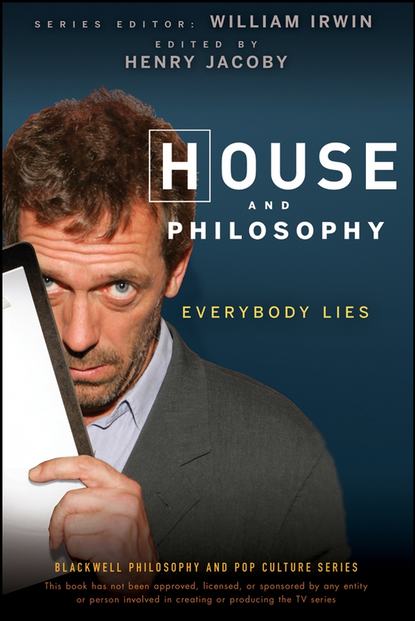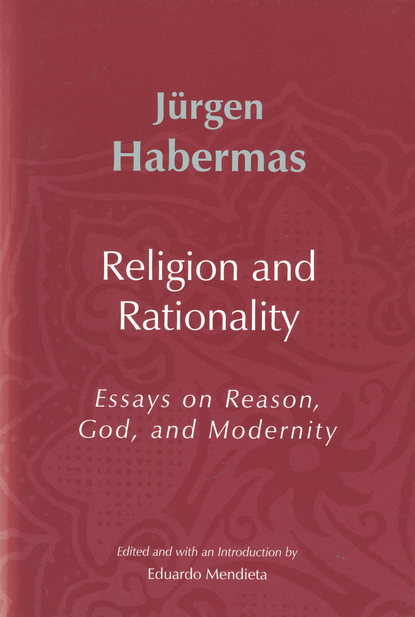Книга "Living on Borrowed Time" (Жить на заимствованном времени) написана Зигмунтом Бауманом - общественным мыслителем, который является одним из первопроходцев нового взгляда на нашу жизнь в жидком современном мире. Книга освещает вопросы, связанные с глобальным финансовым кризисом, который разрушил иллюзии о благополучии капитализма и заставил нас срочно столкнуться с вызовами нашего времени. Автор рассматривает переход от общества производителей к обществу потребителей, которое, в свою очередь, приводит к обществу постоянных заемщиков. Он анализирует, как долг стал важным активом капитализма в нашем жидком современном мире и как текущий финансовый кризис не является последствием банковского краха, а является плодом их успеха в превращении большинства людей в заемщиков. Автор также рассматривает исторические, моральные и политические проблемы нашего времени, такие как международный терроризм, рост религиозного и светского фундаментализма, упадок национального государства и угрозы, связанные с глобальным потеплением. Книга утверждает, что мы живем не только на заимствованные деньги, но и на заимствованное время, что подчеркивает серьезность и срочность этих проблем.
Электронная Книга «Living on Borrowed Time» написана автором Группа авторов в году.
Минимальный возраст читателя: 0
Язык: Английский
ISBN: 9780745675510
Описание книги от Группа авторов
The global financial crisis has shattered the illusion that all was well with capitalism and forced us to confront the great challenges we face today with a new sense of urgency. Few are better placed to do this than Zygmunt Bauman, a social thinker whose writings on liquid modernity have pioneered a new way of seeing the world in which we live at the dawn of the 21st Century. Our liquid modern world is characterized by the transition from a society of producers to a society of consumers, the natural extension of which is the society of perpetual debtors. The ruling idea of the society of consumers is to prevent needs from being satisfied and to create demand; its natural extension is to enable consumers to consume more by borrowing. Debt was transformed into a crucial profit-earning asset of capitalism in liquid modern times. The present-day 'credit crunch' is not the outcome of the banks' failure but rather the fruit of their success in transforming the majority of men and women, young and old, into a race of debtors. They got what they were looking for: a society of debtors whose condition of being in debt was made self-perpetuating, with more debts being offered, and more undertaken, as the only way of escaping from the debts already incurred. Starting from this reflection on the current global financial crisis and prompted by the probing questions of his interlocutor, Citlali Rovirosa-Madrazo, Bauman examines in an historical perspective some of the most pressing moral and political issues of our time, from international terrorism and the rise of religious and secular fundamentalism to the decline of the nation-state and the threats posed by global warming, issues whose seriousness and urgency attest to the fact that we are living today not only on borrowed money but also on borrowed time.



















